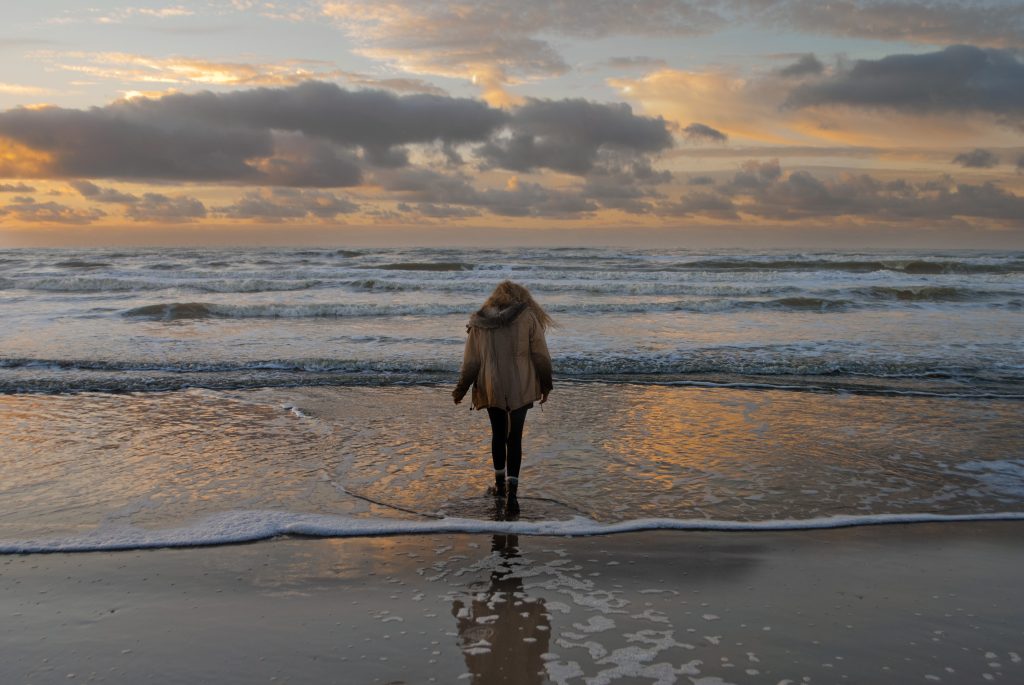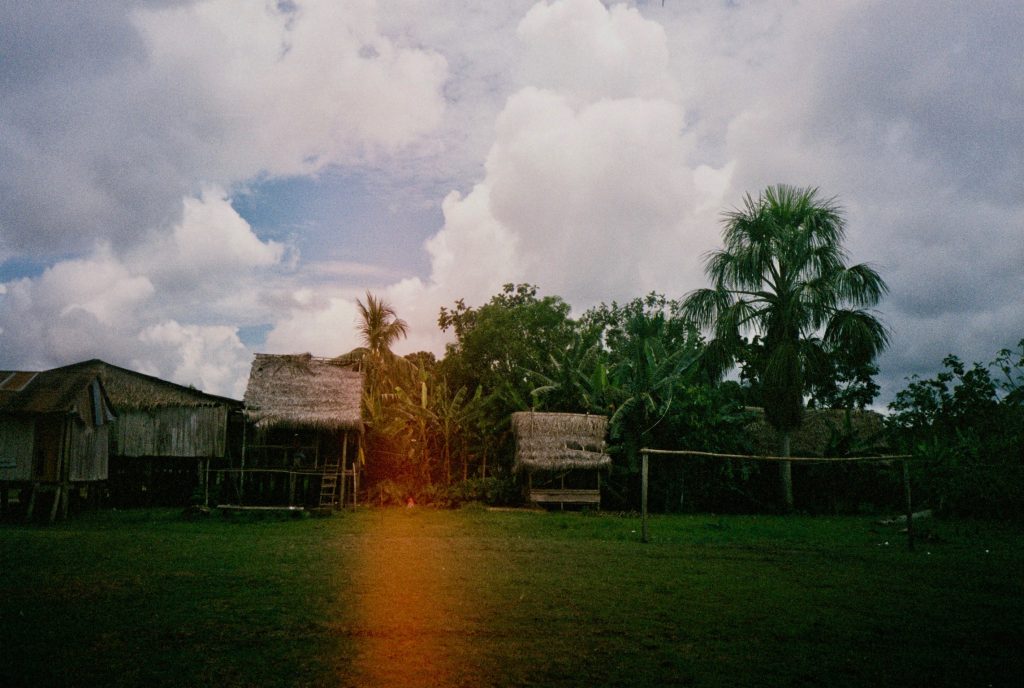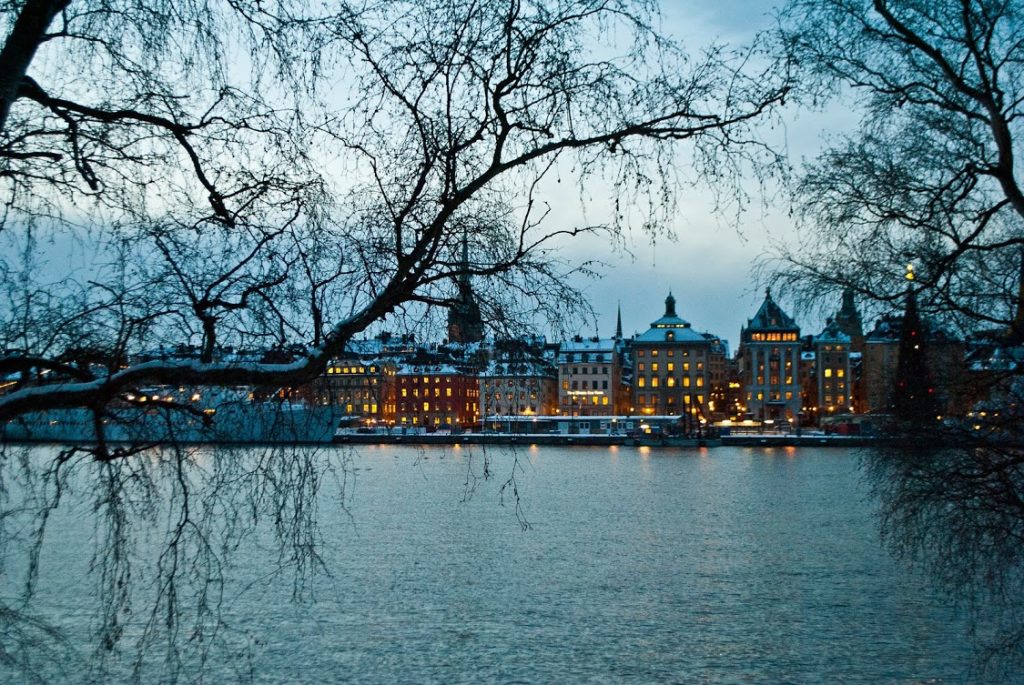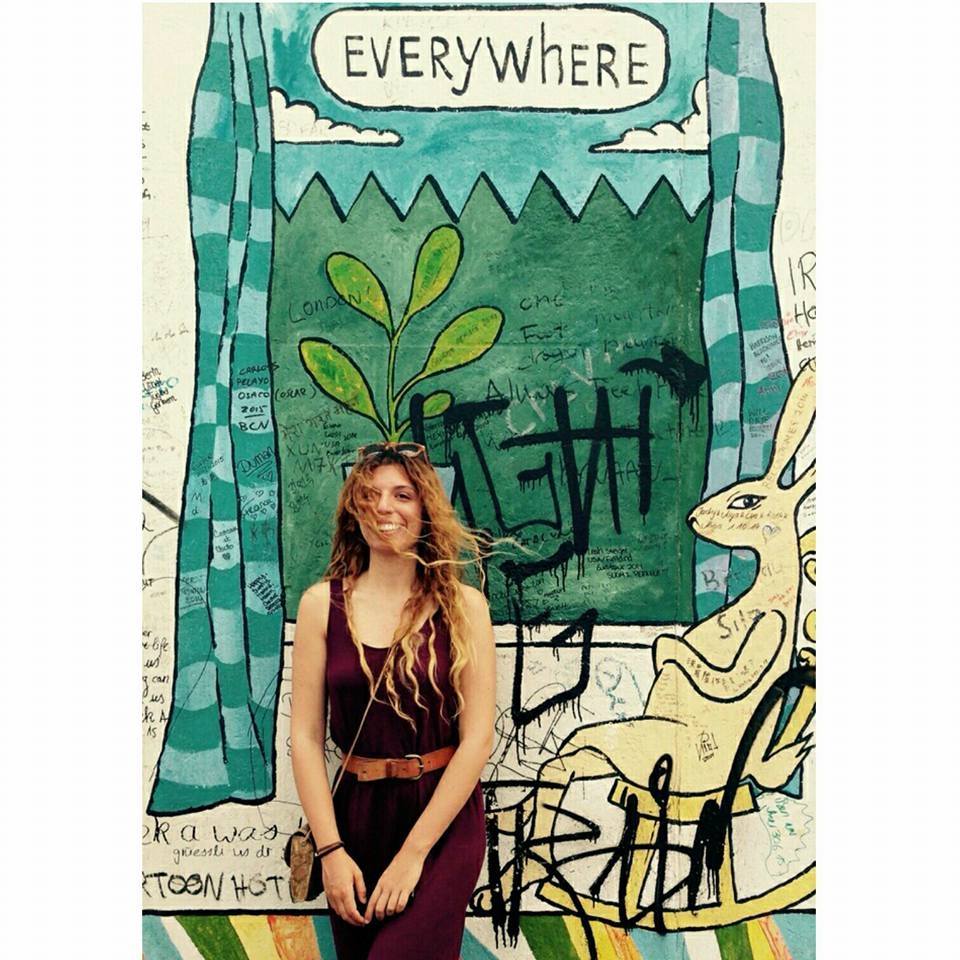Making a wanderer
Autor: Lucrezia

I like to define myself a curious person in training: I constantly feel the need of moving, exploring, creating new connections. Throughout the years my eagerness to discover new things led me to live in, and travel to different places…but when I think of how this need started, I cannot point exactly to a specific moment or an event. If you would have asked me a couple of years ago, I would have told you without hesitation that it started when I carried two 23-kilos-heavy suitcases from Malpensa Airport, Milan, to Skavsta Airport, Stockholm. Dressed in all the winter clothes that could not fit into the luggage, I was 21 and I was heading towards my first ever totally-alone experience abroad: my Erasmus exchange period. Fossilized in my memory as a bubbly, shiny time of my life, my brain elaborated also the initial moments of loneliness as fun (yet challenging) experiences. Probably it is because of this memory bug if, after Sweden, I thought that moving around as much as possible was a totally stress-free, liberating, maturity exercise (spoiler: I was wrong). However no, the journey of self-discovering of my wild self during Erasmus was not how my need of finding out more about the world started. And if it was not for my mother, and her obsession for me to keep my childhood bedroom at least at an acceptable level of tidiness, I would have never found out. During one of my tidying up sessions in between my travels, I stumbled upon an old notebook from when I was in Elementary School. As I learned by reading it, I was 10 at the time I got it, and I wrote in it information about who I was and who I wanted to be. At the question “What do you want to do when you grow up?” I answered “Be an explorer”. Now, leaving aside for a moment the fact that in my 10-year-old mind the explorer probably was a colonial figure with a beige attire and a ridiculous hat, it stroke me that apparently the wish of discovery was in me since then. I know it sounds unnecessarily sentimental, but I felt like in that moment I connected the dots between who I am now and who I was back then, drawing a bridge over the nebulous years of uncertainty in the middle. Eighteen (EIGHTEEN!) years later, I have a Bachelor’s Degree in Communication, and a Master’s Degree in Social and Cultural Anthropology with a focus on Human Security. I traveled alone many times. I lived in different parts of Italy, in Sweden, in the Netherlands, in Peru, and now I am living in Serbia. However, I came to the conclusion that moving to new places is challenging, and it is not one of those things that gets easier with experience. On the contrary, experience seems to make it even harder: at some point you look back and you see all the lives you built in your past, with patience and dedication, and you realize they mean nothing in the new location where you have moved. You are ripped away from the friendships you have cultivated, from the places you got used to, from the languages you tried so desperately to learn. And once again, you are a blank page – and who knows how many times you will have to write, erase, rewrite over it, doodle, write more, before actually finding the best way possible to tell your new story! Yes, traveling is amazing: it makes people broaden their understanding of different habits and societies; it allows them to learn that when you approach others without a judgmental stare, you are hit with a multiplicity of points of view that might challenge your mindset and offer you new perspectives. But at the same time traveling exposes you for what you are – you are alone and you need to face this loneliness, and the ways to overcome it. And it is scary and liberating at the same time. So when I decided to pursue international cooperation path, I knew I was going down a tricky road. Trying to build a career in the humanitarian field is like gardening: you have to learn how to eradicate the tree which is yourself without damaging its roots and without endangering its further growth. You have to gently remove it and plant it in a new soil, nurture and care for it to make sure it is well adjusted. In short, you have to remember where you came from, be open to develop yourself in the new environment, and at the same time take care of yourself in the present moment. On top of it, you have chosen a work with a heavy emotional charge: dealing with social injustice and human rights always asks its toll on your consciousness. You have to face the guilt of not doing enough, the shame of coming from a privileged part of the world, and the frustration of not being able to achieve everything that you would like to, and try to transform those weaknesses into strengths. When I chose to take part in the Civil Peace Corps here in Serbia, my curiosity took the lead – and all my fears followed. I was excited and yet frightened, knowing that whatever thing I could give to Serbia, Serbia would give me back double of it. I think that the main idea to keep in mind when you take part in a project like this is that you are not there to help – you are there to learn. If you think you are going to help someone, well, you are not wrong: but the person that you will help is yourself, first and foremost. By embracing the selfishness of it, you can also embrace your limits and fully understand what actually useful things you can do during your permanence in the country – being it only increasing your level of self-awareness, or promoting the multiple uses of homemade rakija to your peers back home. When I chose this project, I knew that I was not going to save Serbia and improve trans-border cooperation thanks to my rich background in anthropology, or through my deep, theoretic-only knowledge in project management. I took this experience as it is: a further step in my own self-development, a new challenge to overcome and a new adventure to face. And all I can say is: bring it on, life!




